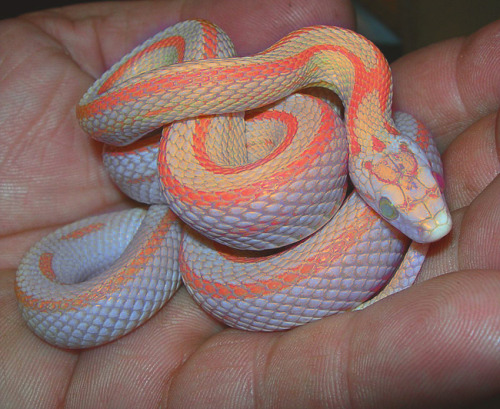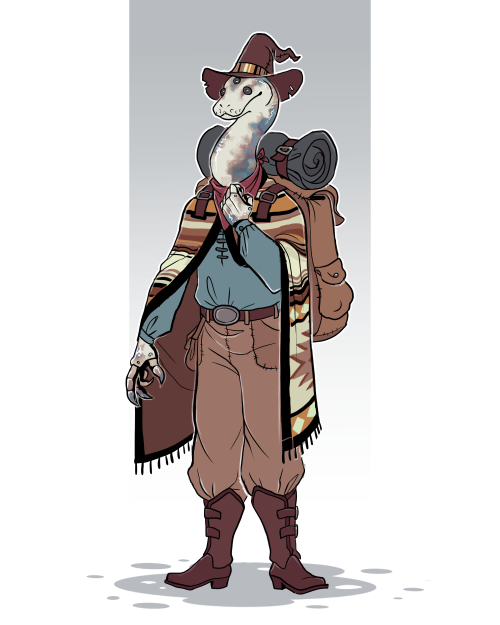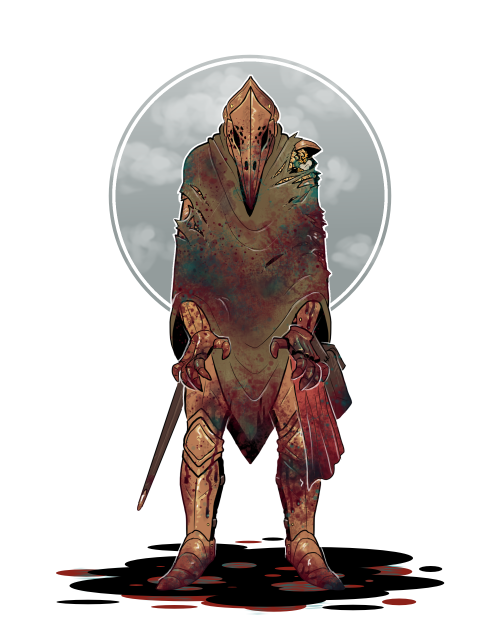#snakes cw
BRITAIN IN DENIAL: PUREBLOODS, SNAKES AND THE POSTWAR DREAM
The Wixenomist’s Editor for Britain, Mafalda Prewett, examines a growing strand of thought among Britain’s intellectual and social elite and pushes for a change in the direction of public thought.
LONDON
I FLUNG A GLASS of champagne in Draco Malfoy’s face at the Malfoy Yule Charity Ball on Christmas day, for some highly misjudged remarks of his, and the tabloid press called me an alcoholic who ought to lose her job. Eight years ago, Cho Chang wrote a history of the wizarding wars and called it the result of entrenched, structural pureblood supremacy. The Wixenomist, in its review of the book, wondered if Ms Chang had missed out on the finer points of the politics of the second wizarding war and The Daily Prophet thought it relied too much on hyperbole to make its points to be considered a factual history of the wars. Two years before that, Domitius Savage ruffled plenty of feathers with his unabashed praise of the militant faction of the Muggleborn Resistance. Several very angry anonymous witches and wizards wrote in to The Prophet scolding Mr Savage for endorsing violence of any sort.
Yet despite all of this, 2014 is undoubtedly the best time to be a muggleborn in Britain. According to recent rankings released by the international think-tank and activist group, International Alliance of Muggleborns for Parity (better known as “IMP”), Britain now ranks sixth in terms of rights for muggleborns. Discrimination is at an all-time low and violent hate crimes have been eliminated altogether. Tough new employment regulations have made it easier for muggleborns to press charges against superiors who have called them blood supremacist slurs. Legal aid and instruction have been made widely available to better enable the muggleborn population integrate with wizarding society. Indeed, a special court was set up specifically to deal with cases concerning discrimination, to prevent them from being put on the backburner and eventually forgotten. We’ve done so well, we’ve even begun meddling in the affairs of other countries with impunity; last year Britain was at the forefront of the ICW investigation into the rising number of hate crimes against muggleborns in Russia.
Clearly there is a schism in British society. On the one hand, the political establishment has enthusiastically campaigned for the rights of muggleborns and has created an infrastructure to support the legislations put in place following the second wizarding war. I receive nearly twenty invitations to some variation on a Muggleborn Charity Ball each year, without counting all the fundraisers and auctions, so obviously, the social establishment seems to have adopted this as a cause worth backing. However, Mr Malfoy’s sentiments are not really unusual; I promise you I’ve heard virtually the same thing at every Muggleborn Charity Ball. It’s a political cause and one that we’ve embraced in our public social lives, but have failed to ask ourselves why this is a “cause” in the first place.
Or indeed, why the slightest mention of pureblood supremacy or even the mildest hint that perhaps Slytherin is as guilty as it pretends not to be, raises so many hackles.
An obscene faith?
Of course, none of the outrage caused by either Mr Savage’s or Ms Chang’s works can really compare with the outrage that the French magianthropologist Jacques Gilles Derridault invited on his head when he published his work L’Eglise Perfide. Perhaps not unsurprisingly, being told that we have an unhealthy obsession with our house-founder bordering on religious cult-like fervour did not go down well with any of our more notable former house members. Mr Malfoy, if I recall, was personally offended by Mr Derridault’s unflinching assessment of Slytherin:
The obsession with purity is not unusual or even an anomaly as has been suggested in recent years; it is the founding principle, though not perhaps in the way we think it might be. There is no stricture, for example, which declares that a belief in the supremacy of purebloods is necessary to be sorted into Slytherin. That is not my meaning at all. This is a purity that is far more deeply entrenched. It is not merely a purity which focuses on blood, but one which is egotistical in nature and stems from a narcissistic worship of both the self and the self as defined in relationship to the founder – or should I perhaps say, father – Salazar Slytherin. Only those who conform to his image and his beliefs may be spared, or even be allowed the privilege of calling themselves true wizards. Of Salazar Slytherin’s own narcissism, we have at least an entire chamber buried in Hogwarts as incontrovertible proof. It is an empirical manifestation of the hypermasculine fantasy he centred around himself; one which he encouraged those who came after him to subscribe to. Is it any wonder that most of the terrorist Death Eaters should have come from Slytherin? Such narcissism, combined with a toxic belief in the immutability and desirability of a wizarding world built in the image of their father could only have borne itself out in violence of the deadliest kind – as we have seen ourselves. Has Slytherin cured itself of this illness? Judging by the release this year of a book titled Salazar Slytherin: Unabashed Villain or Misunderstood Hero? I think the answer is quite clear.
There have been many arguments over whether or not Mr Derridault goes too far in his analysis – I personally find his assessment concerning penis envy and the snake (or basilisk) a bit too jejune and unimaginative to give them as much weight as Mr Derridault does – and even more quarrels over whether a Frenchman has the right, or even the qualifications to make such an assessment about such a very venerable English institution. Of course, he never did his schooling in England, but perhaps an external observer is precisely what we need to evaluate ourselves.
By the time the book was translated and released in Britain, the press and the public had whipped themselves into such a fury that the Ministry was inundated with the book charged with crimes ranging from libel to obscenity. Britain’s pureblood elite patted themselves on their backs when the book was savaged by reviewers as this was a sure sign of just how false its contents were. Never mind that nearly all the journalists who reviewed the book were all former members of Slytherin.
Has Slytherin developed into a full-fledged cult centred around Salazar worship as Derridault puts it? Perhaps not intentionally, but the unwillingness of its former members to accede to the role they played in feeding Voldemort’s forces and in paving the way for him to establish his interim Ministry in the first and second wizarding wars is more than a little worrying. Coriolanus Quibble’s survey of Salazar Slytherin’s life strays perilously close to the language of pureblood apologism in its insistence that Salazar Slytherin was responding to a real perceived threat when he declared that muggleborns be excluded from joining Hogwarts. A cursory survey of classic books on the subject, such as Ms Bagshot’s History of the Witch Hunts: from the Vikings to the Statute of Secrecy, amply demonstrate just how wrong Mr Quibble’s historiography is.
And yet, his book met with only a quarter of the outrage that Mr Derridault’s startling analysis met with, most of it from the active factions of the Muggleborn Resistance and IMP. It was only when the editor-in-chief of The Wixenomist, in collaboration with noted Potions Master Horace Slughorn,published an editorial in this magazine drawing parallels between Mr Quibble’s theses and the rhetoric used to recruit the Death Eaters – in the process outing himself and Mr Slughorn as individuals that Voldemort himself had tried to recruit during the first wizarding war – that Britain’s elite ashamedly retired their copies of Mr Quibble’s books and looked elsewhere for material to cleanse their most beloved house’s stains to its reputation.
Lydia Burke’s own analysis of Slytherin, The Problem of Slytherin, published last month, promised to be such a book. Like Mr Malfoy, she places the blame for the overwhelmingly large number of Death Eater recruits from Slytherin squarely at the feet of Albus Dumbledore. Slytherin House, she argues, was alienated from the rest of the school; an alienation which was exacerbated by Dumbledore’s tendency to favour his house over the rest of the school. As touching and even convincing an analysis this might seem to be, it fails to account for why vast swathes of Slytherin house passed through the halls of Hogwarts unrecruited over the course of the second wizarding war, or even why, at the height of Britain’s civil war, Theodore Nott – the son of a notable Death Eater – chose to switch sides and support the struggle against Voldemort.
However, Ms Burke and Mr Quibble are hardly outliers. There is a small but vocal – and steadily growing, even – body of academics and writers who, in combatting the trend of immediate postwar commentary which blindly hung and quartered Slytherin, ignore the wrongs which canbe placed at Slytherin’s doorstep. Wrongs such as rampant blood supremacy; which I was protected from only by virtue of my family name, but others in my year were not; and a fondness for breaking the rules which inevitably ends with a number of house members turning to dark magic as a means for gaining an edge on those around them.
None of this is as disturbing, however, as Miriam Smith’s assessment of the wizarding wars through the lens of the Apate Imperius, presented in the foreword of the 50th Anniversary edition of Amanda Abbott’s seminal work, Grindelwald on Trial. What Mr Derridault takes and uses to condemn both Death Eaters and Slytherins, for allowing violent rhetoric and bloody self-worship to sway them, Ms Smith uses to absolve them of all guilt. And yet Ms Smith’s analysis has become a parlour favourite while Mr Derridault’s analysis is thought to be reaching – it is de rigeur to be able to talk about the effects of the Apate Imperius on British society, but the slightest mention of pureblood supremacy prompts only two reactions: profusely saccharine apologies or raised eyebrows and stone cold silences. Don’t expect any further invitations to soirees if you bring thatup.
The exception which proves the rule
I mentioned earlier that comments such as the ones Mr Malfoy made at his Yule Charity Ball were not unusual. I might go further and say that defending Slytherin has become something of a national past-time, especially among Britain’s pureblood elite. The instinct is understandable. Not every Slytherin sailed enthusiastically into the embrace of Voldemort and his Death Eaters. Most of us were quite content to be left to our own devices without being dragged one way or the other when the war finally did come. Unfortunately for us, it is precisely those who made a fuss about going to war who end up being the ones we were remembered for.
It’s instinctive. Which true-blooded Slytherin wouldn’twant to defend their house from naysayers and slanderers? There’s been a lot of unnecessary talk of morality as though we’d never played by the rules in our entire lives. And of course, the infamous insinuation that we’re all dark witches and wizards, which is about as sensible and true as the claim that every Gryffindor is a hero; i.e. not at all. It’s a conflation of correlation and causation and naturally, we get tired every now and then of all the hoo-hahs who want to come around to our charity events in the hope of glimpsing someof the ghoulish dark artifacts we’re supposed to possess.
We’re not magical creatures on display for a gleefully sadistic public to consume, after all.
However, even harmless national past-times can become harmful, albeit unintentionally. In this mad scramble to acknowledge that yes, not all Slytherins were Death Eaters or even dark wizards – and that most of us were quite content to slip into the woodworks of the Ministry and pursue our ambitions there – we may have strayed too far into the realm of blind apologism that comes from the language of exceptionalism. It is one thing to acknowledge the complexities of Slytherin’s role in the first and second wizarding wars. It is quite another to demand that if the Death Eaters were terrorists, so were the military faction of the Muggleborn Resistance. It is certainly disingenuous to suggest that the fact that the overwhelming majority of Death Eaters came from Slytherin was purely an accident – that these were only a few rotten eggs here and there.
A more fruitful conversation might be to examine just whySlytherin became a breeding ground for Death Eaters and blood supremacists, but as long as both sides remain on edge – one side still struggling with the bloody aftermath of the war and the other side, eager to defend and prove itself better than it has been made out to be – there can be no productive conversation either in academia or in the public sphere that can be of any use to anyone. But however natural the urge to defend and even explain one’s actions, I do not think that we Slytherins need to declare that purebloods were ever in fear for their lives, or to denywhat has taken place, or indeed to claim that we were just following orders or that these were an exceptional, terrible few who committed these crimes.
I think, perhaps, that after all these years, a little bit of mental discomfort would not be entirely amiss if it leads to a careful re-evaluation and re-examination of the ideals we have built our ambitions on. We might, at the very least, dig ourselves out of the stasis the house is currently in and transform ourselves from the house of tradition to the house of progress – as the house of the ambitious and cunning should be.
From:Quidnunc?January 20th - 27th, 2014.
(Shoutout to violetlucidity for coming up with the name ‘Derridault’.)
Post link
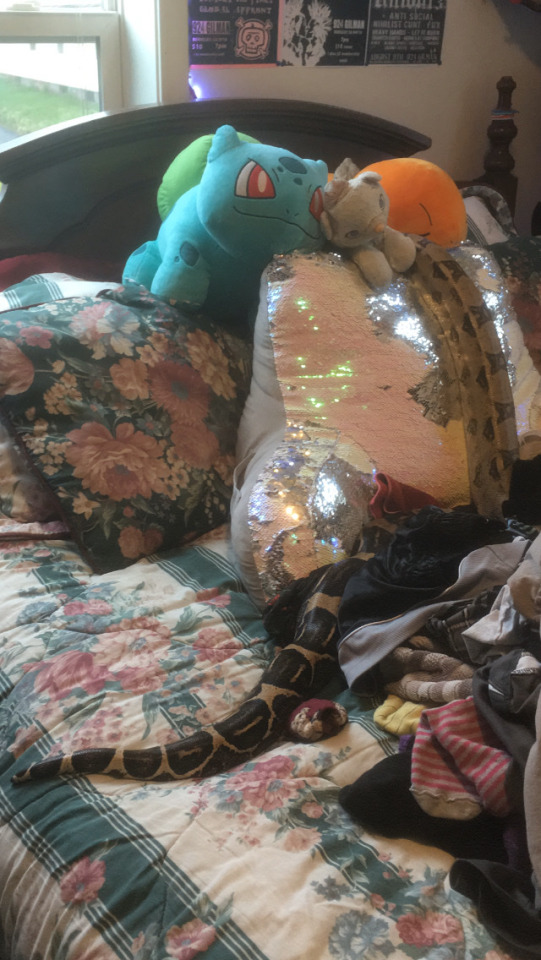
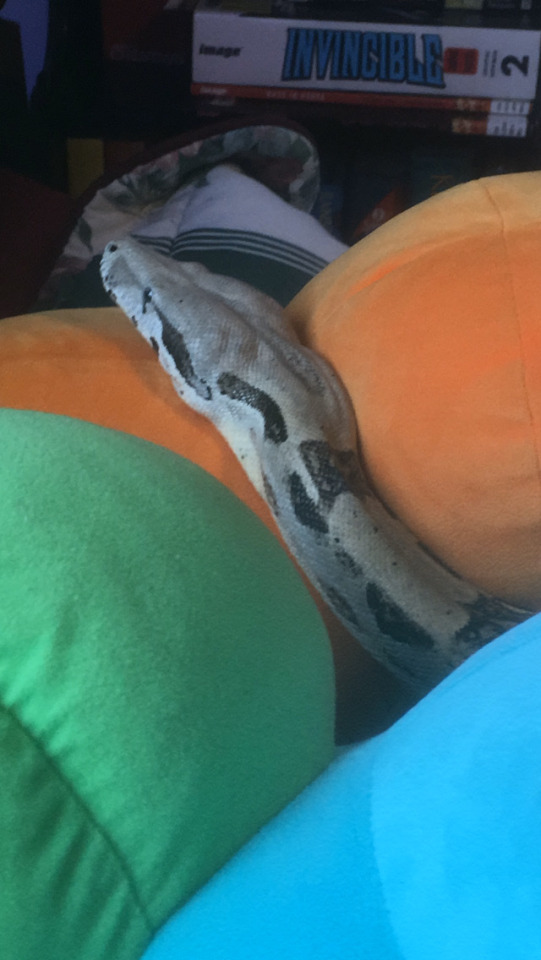
long daughter
(image description in alt text)

